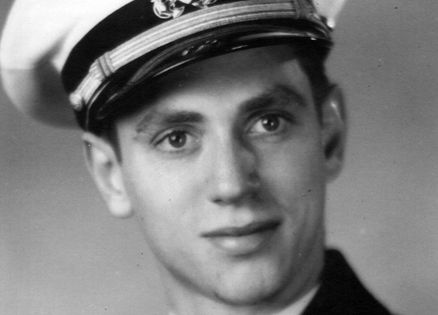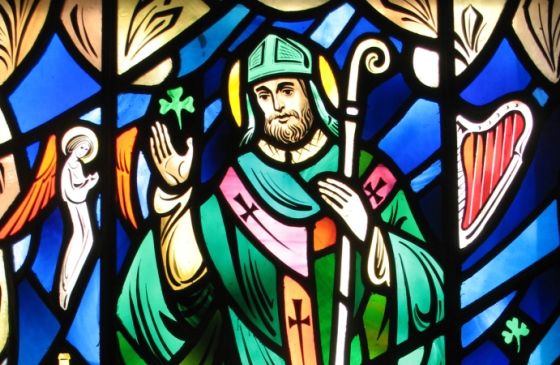In our dining room, I have a photo of my father, circa 1942. He's in his Navy uniform, looking all of 20. He's not wearing his glasses; the Navy would have suspected that perhaps my dad faked his way through their vision test by memorizing the eye exam forward and backward, and that would have been wrong, of course.
I have seen that photo of my father about a thousand times, most recently in newspapers and on television. Sometimes my father is a soldier from Kentucky, killed in Iraq; other times he's an African American from Arkansas, missing in action. Sometimes the photo is of a young woman in the Air National Guard killed in a training mission, but it's still my father. It's still some 20-year-old from somewhere nearby, someone with promise and a family and a nice smile—a smile you can only see in photographs hanging on the wall like icons.
I'm happy to report that my father is alive and well this Memorial Day. He emerged from World War II uninjured, but I cannot say unhurt—memories remain of those who didn't come back.
It reminds me of a cliché we use at funerals: “paying our respects” to the deceased. Abraham Lincoln was right: No words can add to or detract from their sacrifice. We really go to funerals to grieve with the walking wounded—those left behind. Those who fell have already made it home. Not in a box, not in a picture frame, but really themselves. Alive. At home. At peace.







